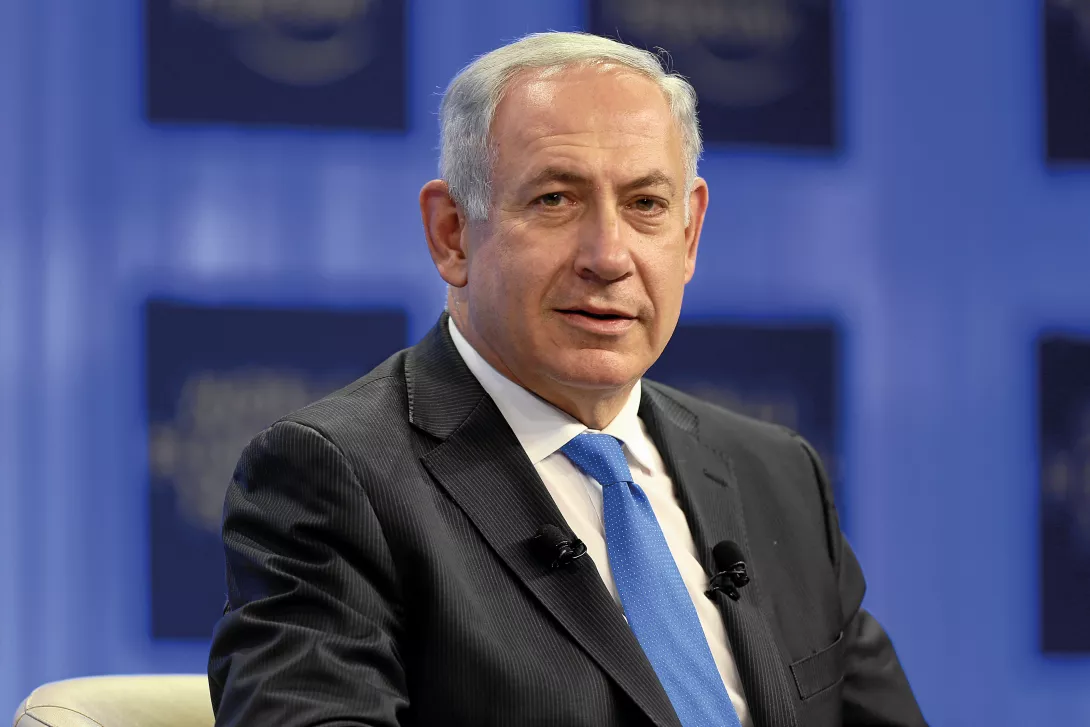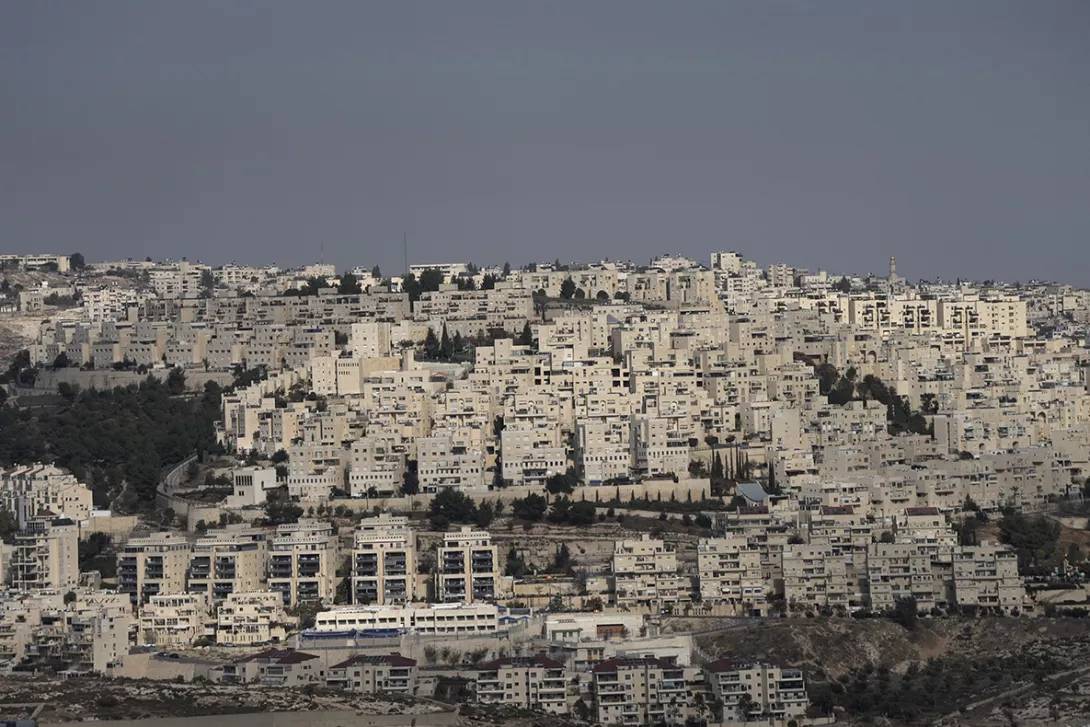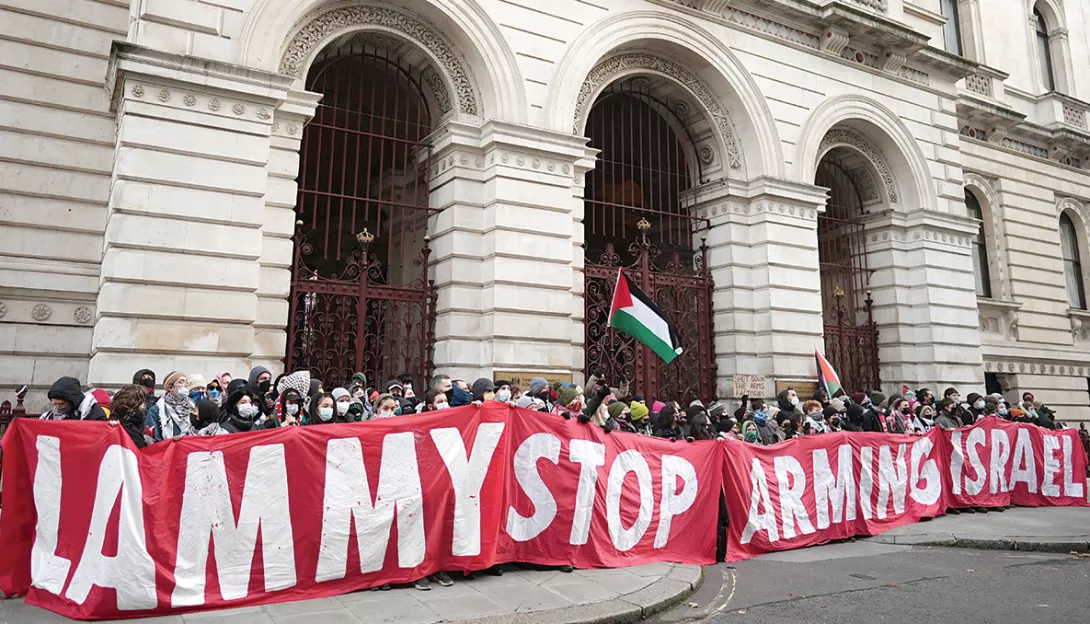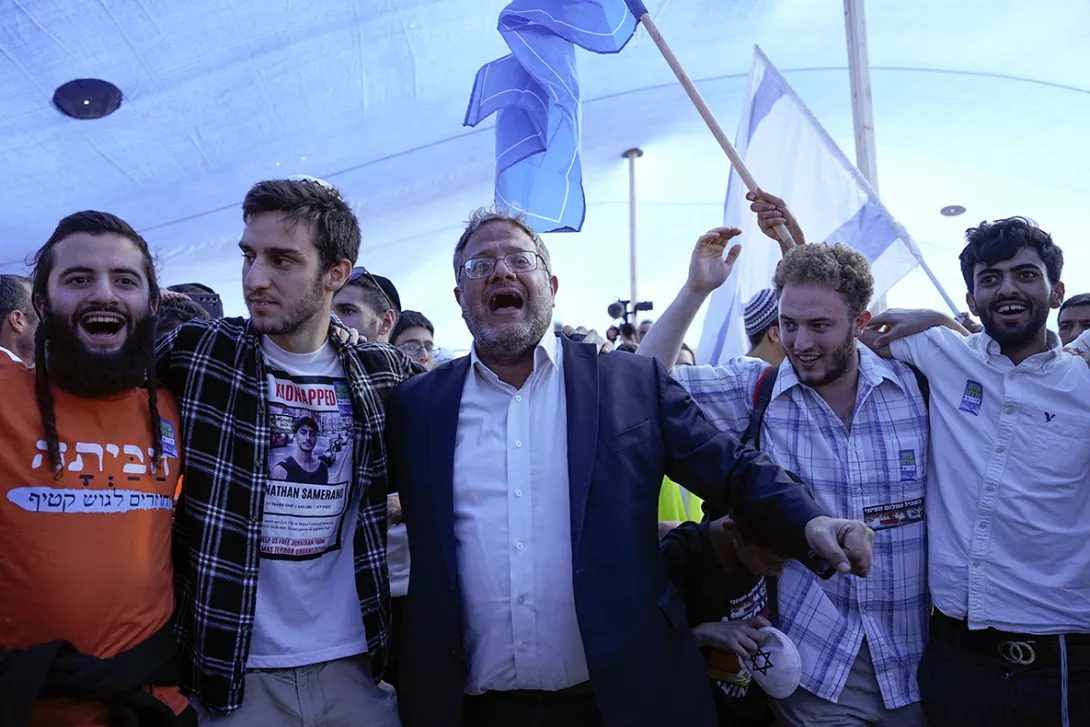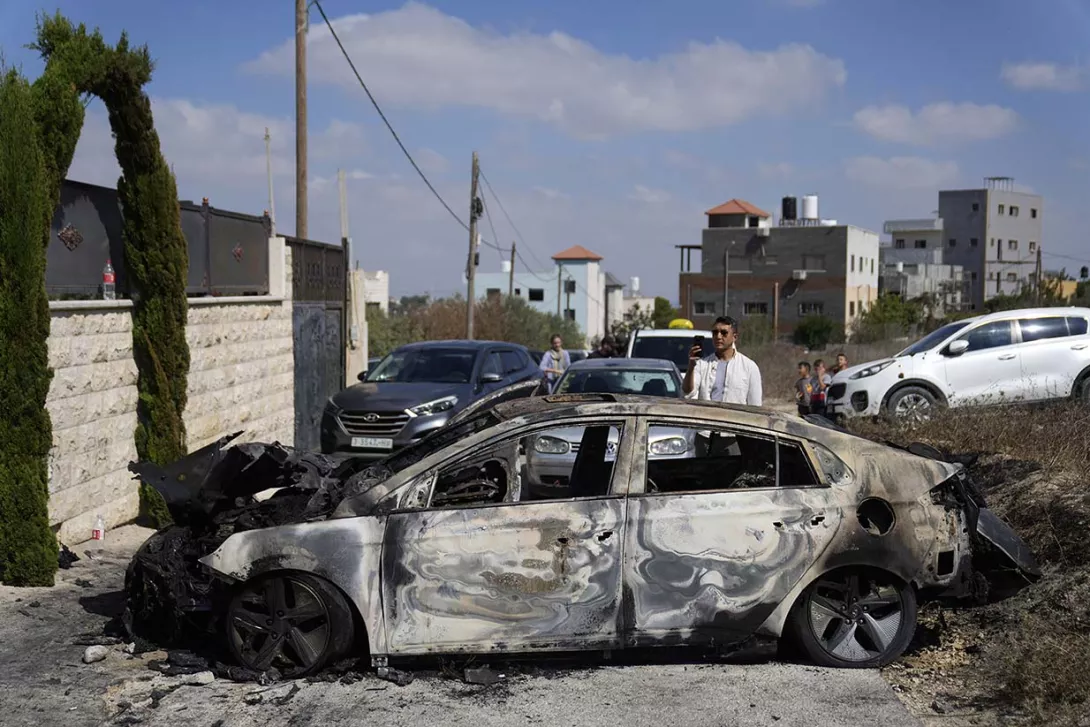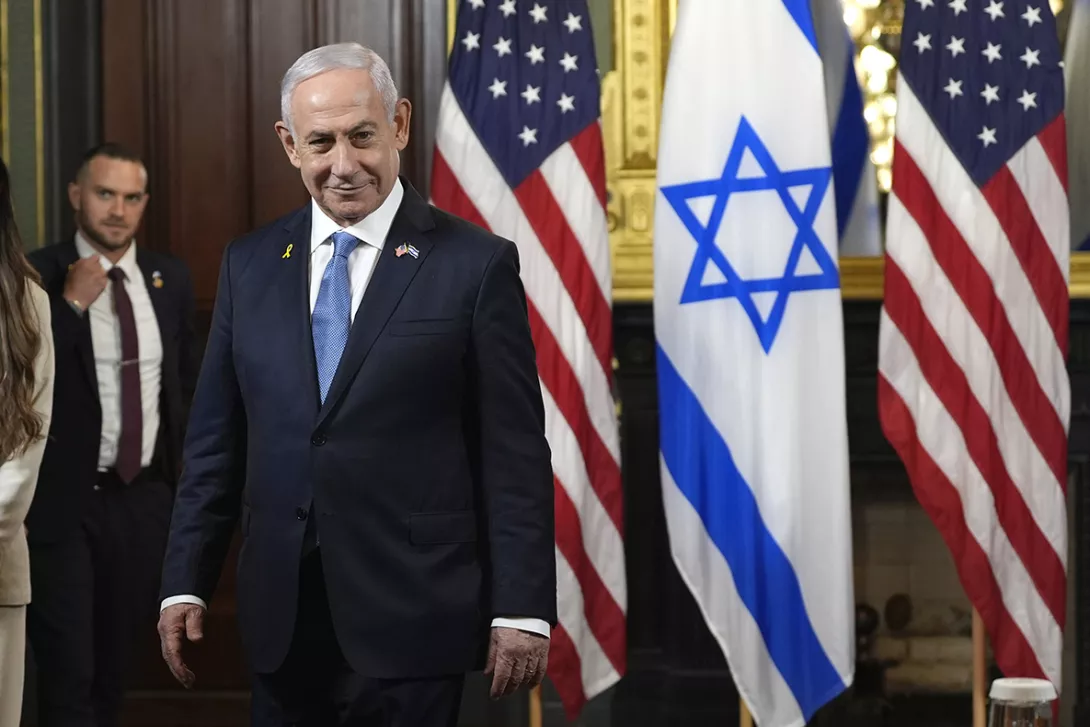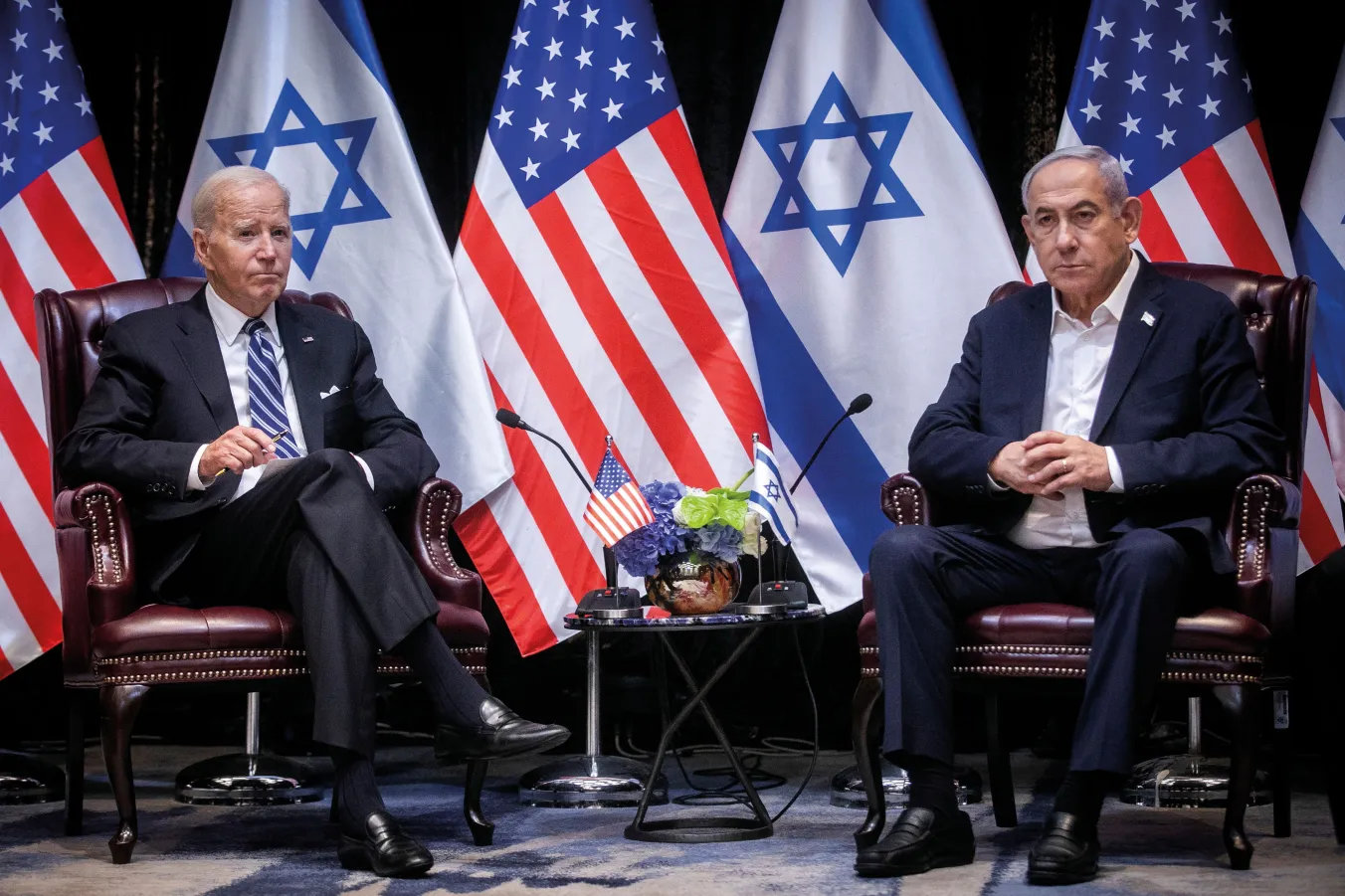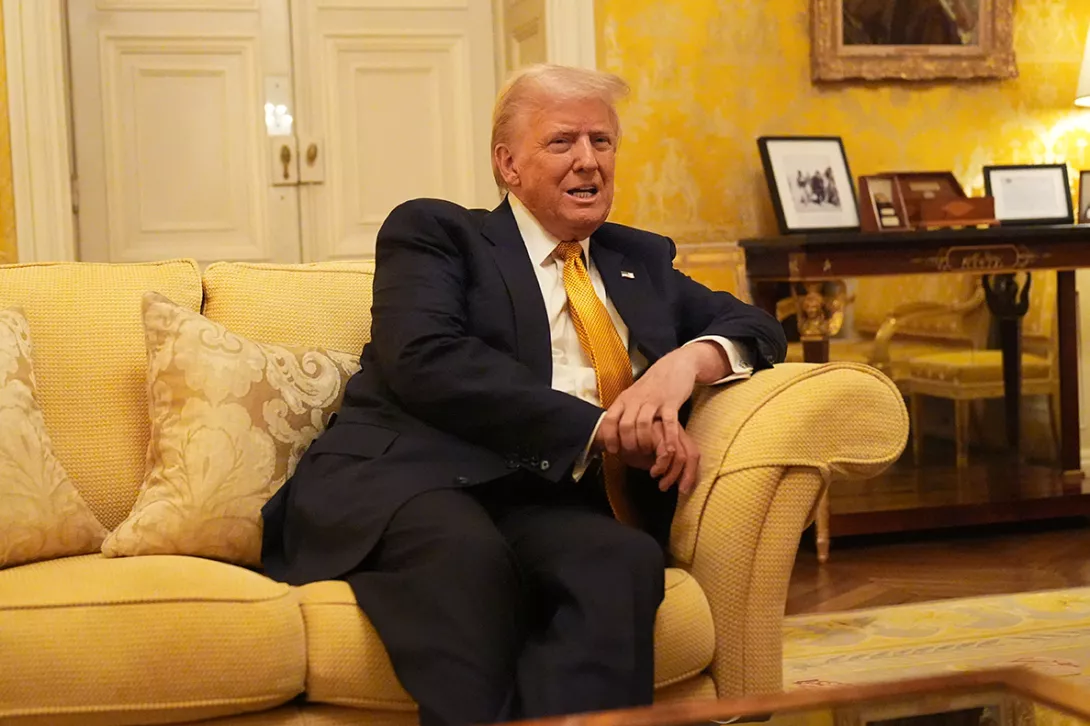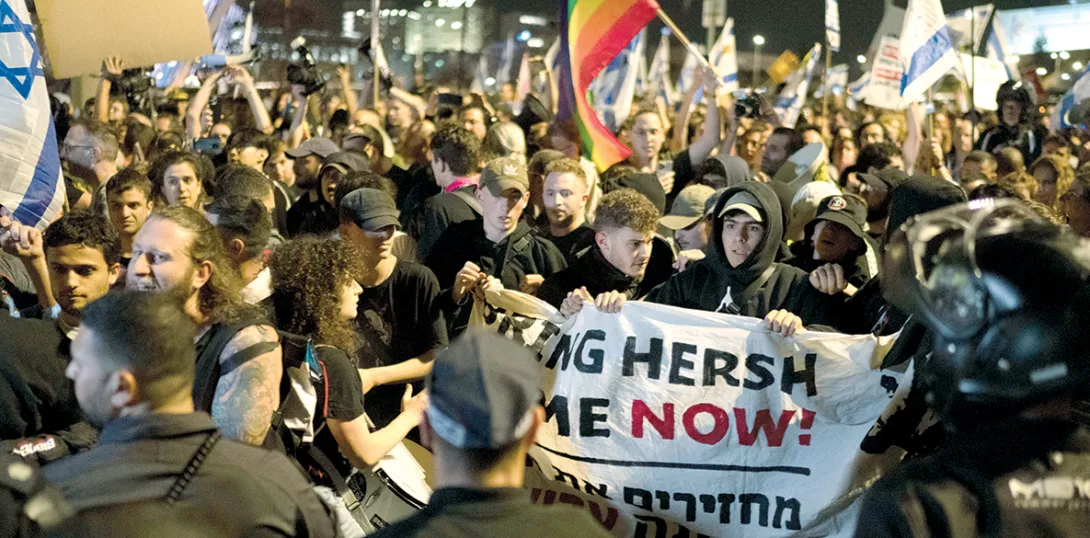
HISTORICALLY, wars unite Israelis. Not any more. Not that Israelis do not agree with Benjamin Netanyahu’s war; they simply do not believe that the Prime Minister is the man who could win this supposedly existential fight.
But Netanyahu’s war remains unwinnable simply because liberation wars, often conducted through guerilla warfare tactics, are far more complicated than traditional combat. Nearly six months after the Israeli attack on Gaza, it has become clear that Palestinian resistance groups are durable and well-prepared for a much longer fight.
Netanyahu, supported by far-right ministers and an equally hard-line Defence Minister, Yoav Gallant, insists that more firepower is the answer. Though the unprecedented amount of explosives, used by Israel in Gaza, killed and wounded over 100,000 Palestinians, an Israeli victory, however it is defined, remains elusive.
So, what do Israelis want and, more precisely, what is their Prime Minister’s end-game in Gaza, anyway?
Major opinion polls since October 7 continued to produce similar results: the Israeli public prefers Benny Gantz, leader of the National Unity Party, over the Prime Minister and his Likud party.
A recent poll conducted by the Israeli newspaper Maariv also indicated that one of Netanyahu’s closest and most important coalition partners, Finance Minister and leader of the Religious Zionist Party, Bezalel Smotrich, is virtually irrelevant in terms of public support. If elections were to be held today, the far-right minister’s party would not even pass the electoral threshold.
Most Israelis are calling for new elections this year. If they are to receive their wish today, the pro-Netanyahu coalition would only be able to muster 46 seats, compared to its rivals with 64.
And, if the Israeli coalition government — currently controlling 72 seats out of 120 Knesset seats — is to collapse, the right-wing dominance over Israeli politics will shatter, likely for a long time.
In this scenario, all of Netanyahu’s political shenanigans, which served him well in the past, would fall short of allowing him to return to power, keeping in mind he is already 74 years of age.
A greatly polarised society, Israelis learned to blame an individual or a political party for all of their woes. This is partly why election outcomes can sharply differ between one election cycle to another. Between April 2019 and November 2022, Israel held five general elections, and now they are demanding yet another one.
The November 2022 elections were meant to be decisive, as they ended years of uncertainty, and settled on the “most right-wing government in the history of Israel” — an oft-repeated description of Israel’s modern government coalitions.
To ensure Israel does not delve back into indecision, Netanyahu’s government wanted to secure its gains for good. Smotrich, along with National Security Minister Itamar Ben-Gvir, wanted to fashion a new Israeli society that is forever tilted towards their brand of religious and ultranationalist zionism.
Netanyahu, on the other hand, simply wanted to hold on to power, partly because he became too accustomed to the perks of his office, and also because he is desperately hoping to avoid jail time due to his several corruption trials.
To achieve this, the right and far-right parties have diligently worked to change the rules of the game, by curtailing the power of the judiciary and ending the oversight of the Supreme Court. They failed at some tasks, and succeeded at others, including an amendment to the country’s Basic Laws to curtail the power of Israel’s highest court, thus its right to overturn the government’s policies.
Though Israelis protested en masse, it was clear that the initial energy of these protests, starting in January 2023, was petering out, and that a government with such a substantial majority — at least, by Israel’s standards — will not easily relent.
October 7 changed all calculations.
The Palestinian al-Aqsa Flood Operation is often examined in terms of its military and intelligence components, but rarely in terms of its strategic outcomes. It placed Israel at a historic dilemma that even Netanyahu’s comfortable Knesset majority cannot — and most likely will not — be able to resolve.
Complicating matters, on January 1, the Supreme Court officially annulled the decision by Netanyahu’s coalition to strike down the power of the judiciary.
The news, however significant, was overshadowed by many other crises plaguing the country, mostly blamed on Netanyahu and his coalition partners: the military and intelligence failure leading to October 7, the grinding war, the shrinking economy, the risk of a regional conflict, the rift between Israel and Washington, the growing global anti-Israel sentiment, and more.
The problems continue to pile up, and Netanyahu, the master politician of former times, is now only hanging by the thread of keeping the war going for as long as possible to defer his mounting crises for as long as possible.
Yet an indefinite war is not an option, either. The Israeli economy, according to recent data by the country’s Central Bureau of Statistics, has shrunk by over 20 per cent in the fourth quarter of 2023. It is likely to continue its free fall in the coming period.
Moreover, the army is struggling, fighting an unwinnable war without realistic goals. The only major source for new recruits can be obtained from ultra-Orthodox Jews, who have been spared the battlefield to study in yeshivas instead.
Seventy per cent of all Israelis, including many in Netanyahu’s own party, want the Haredi to join the army. On March 28, the Supreme Court ordered a suspension of state subsidies allocated to these ultra-Orthodox communities.
If that is to happen, the crisis will deepen on multiple fronts. If the Haredi lose their privileges, Netanyahu’s government is likely to collapse; if they maintain them, the other government, the post-October 7 war council, is likely to collapse as well.
An end to the Gaza war, even if branded as a “victory” by Netanyahu, will only further the polarisation and deepen Israel’s worst internal political struggle since its founding on the ruins of historic Palestine. A continuation of the war will add to the schisms, as it will only serve as a reminder of an irremediable defeat.
Ramzy Baroud is a journalist, author and the editor of the Palestine Chronicle — www.ramzybaroud.net.

